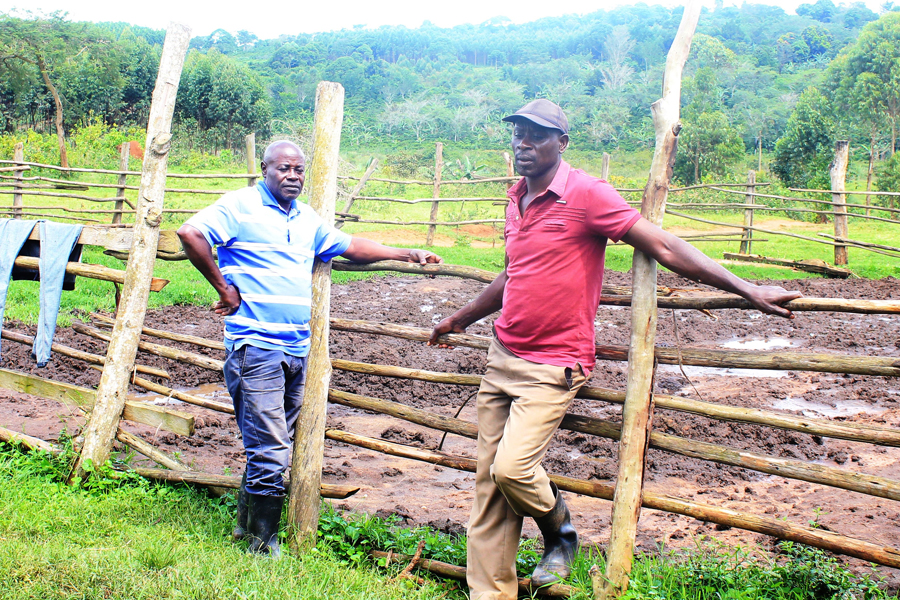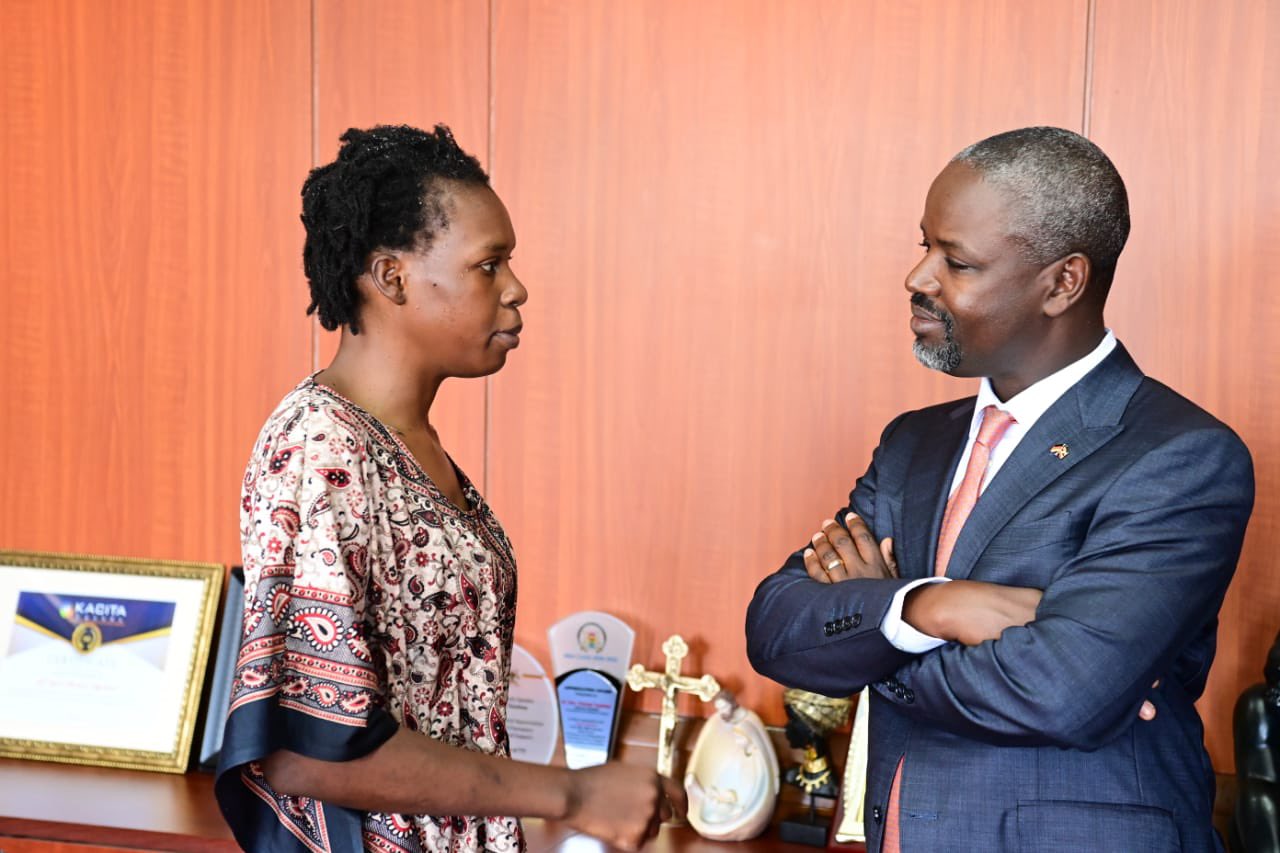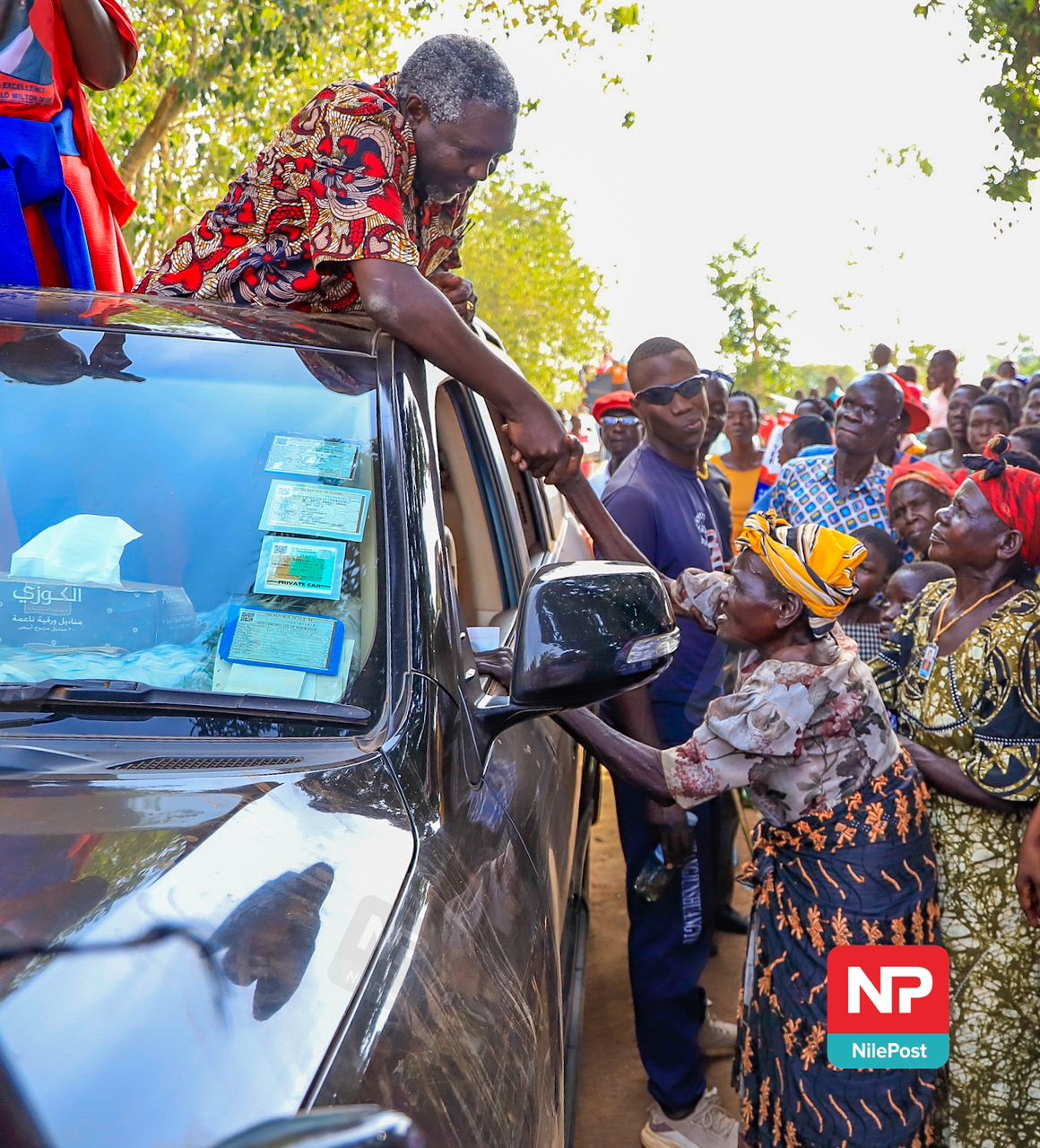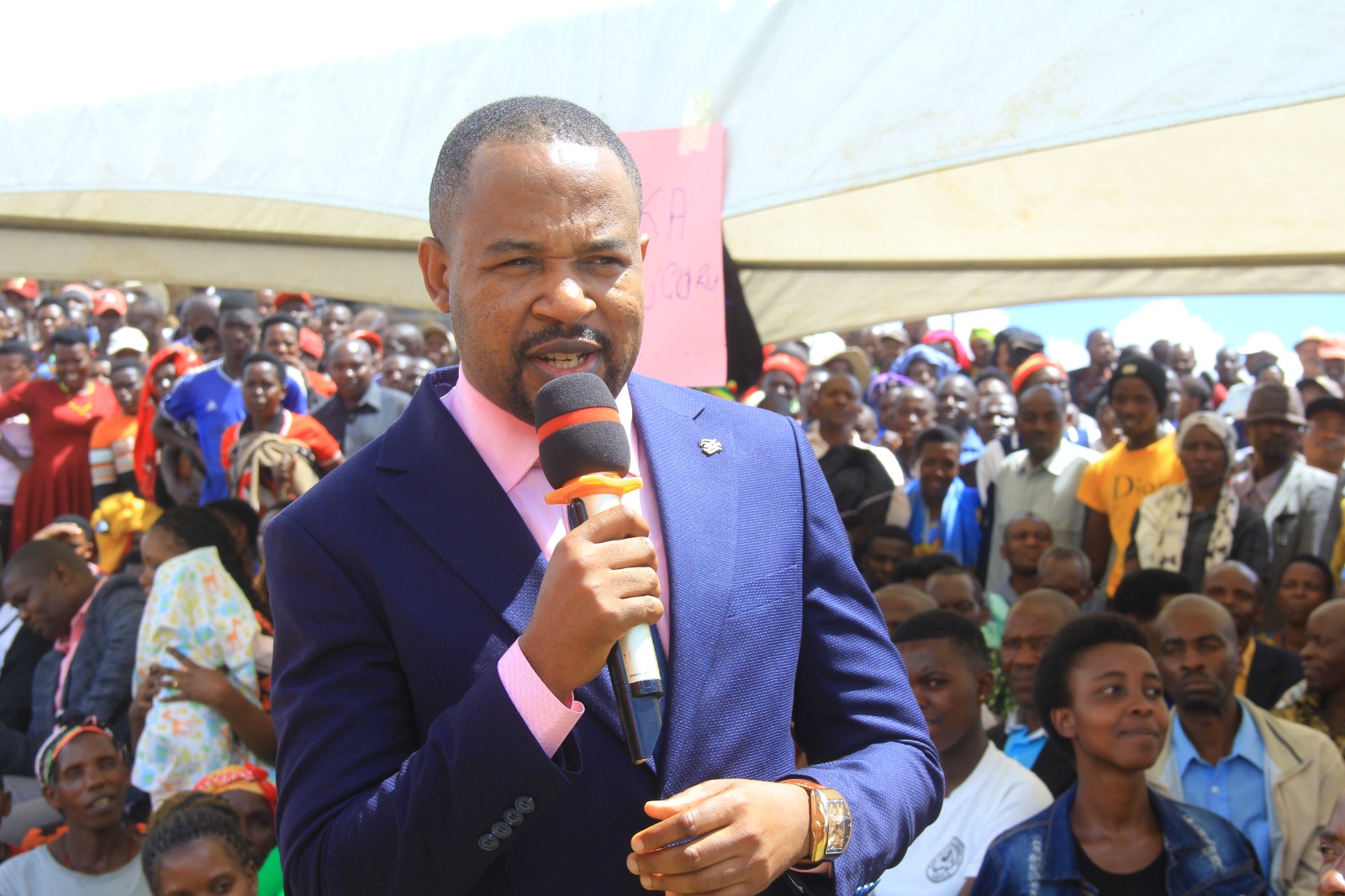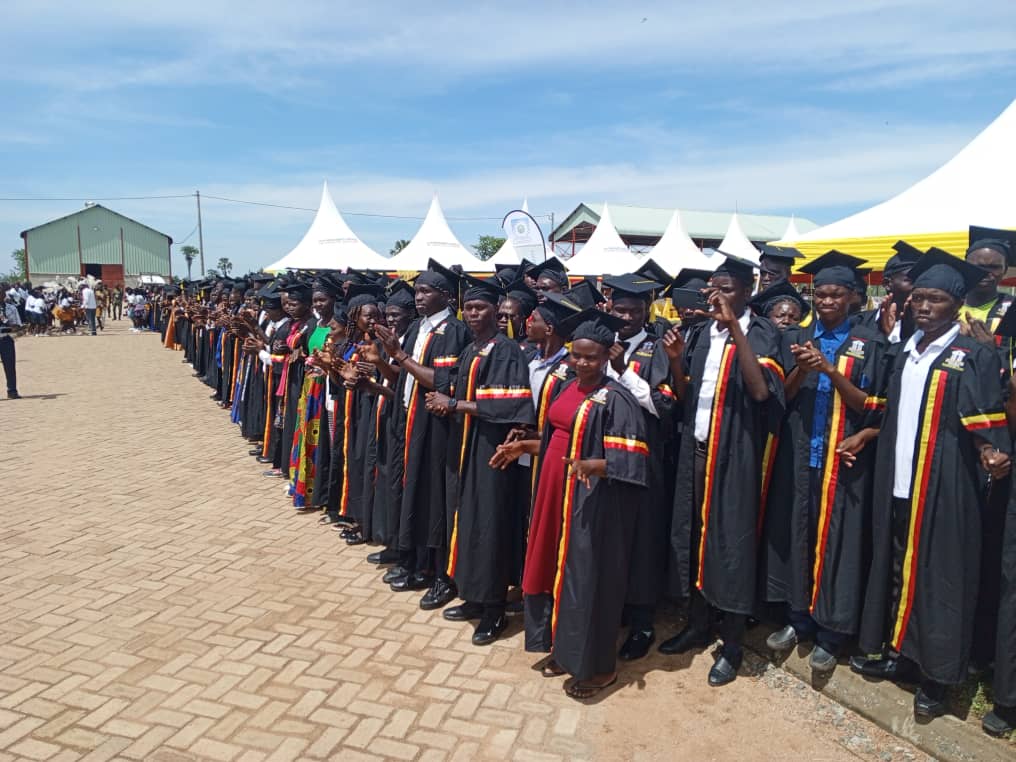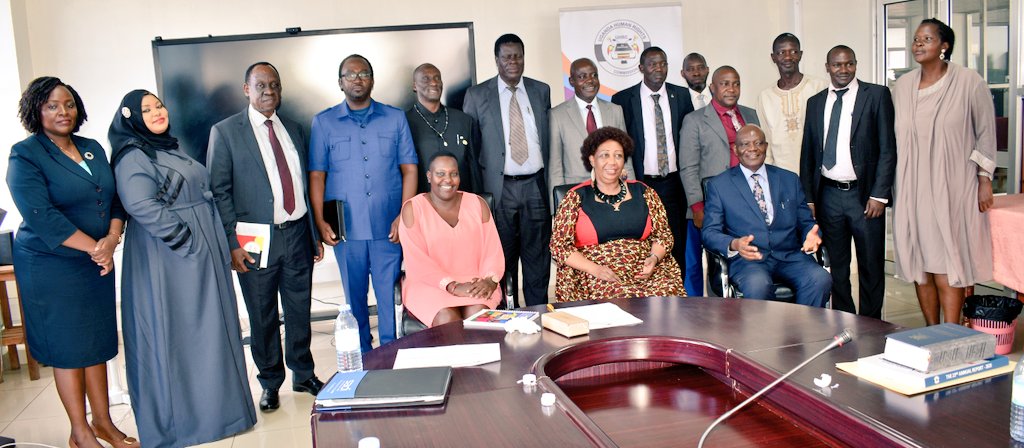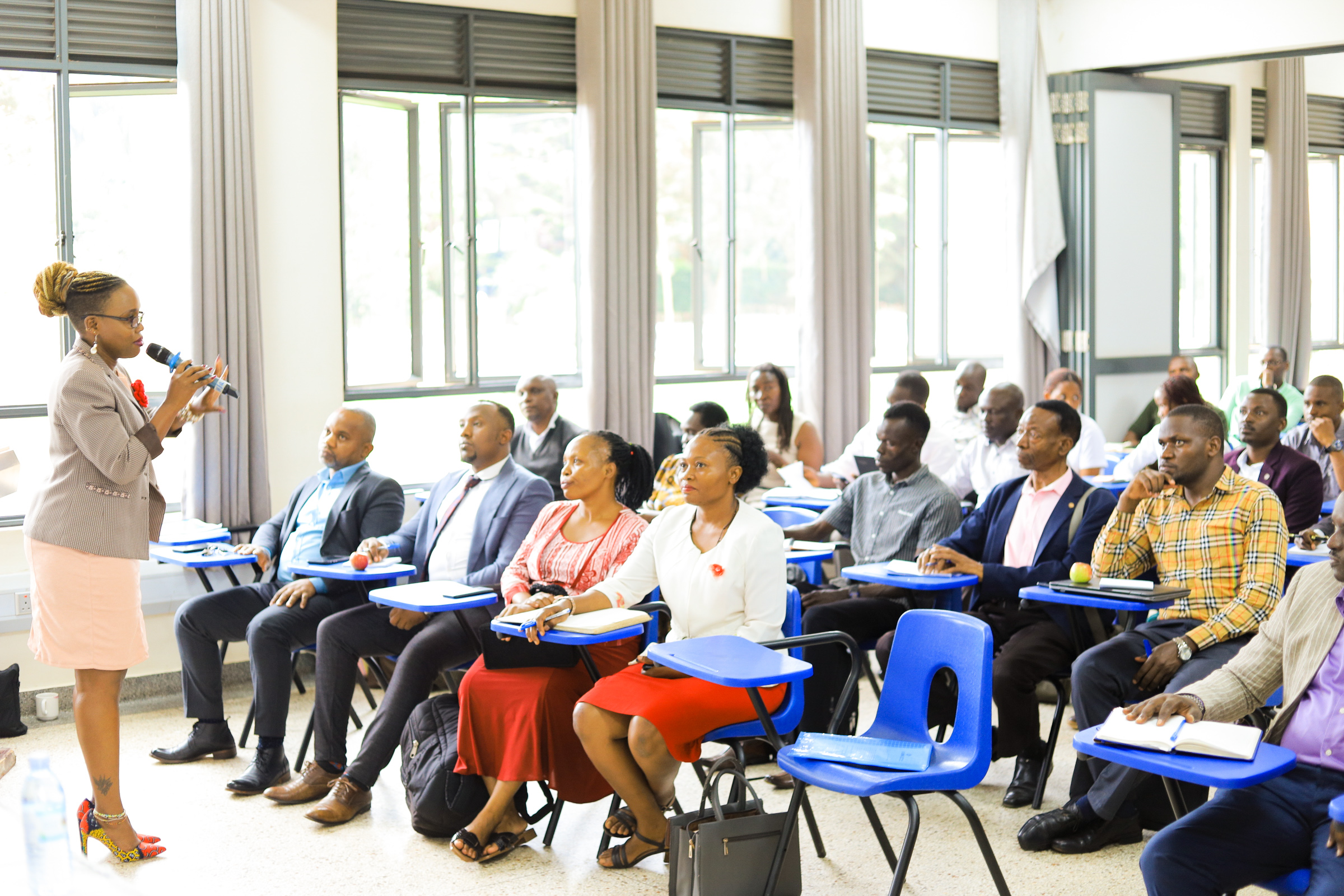UN urges comprehensive approach to sexuality education
United Nations has released an updated guidance on sexuality education for all member countries.
The updated guidance as published by UNESCO advocates for quality comprehensive sexuality education to promote health and well-being, respect for human rights and gender equality, and empowers children and young people to lead healthy, safe and productive lives.
“Based on the latest scientific evidence, the International Technical Guidance on Sexuality Education reaffirms the position of sexuality education within a framework of human rights and gender equality,” says UNESCO Director-General Audrey Azoulay.
“It promotes structured learning about sexuality and relationships in a manner that is positive and centered on the best interest of the young person.”
The Guidance notably demonstrates that sexuality education: helps young people become more responsible in their attitude and behaviour regarding sexual and reproductive health, is essential to combat the school dropout of girls due to early or forced marriage, teenage pregnancy and sexual and reproductive health issues and necessary because in some parts of the world, two out of three girls reported having no idea of what was happening to them when they began menstruating and pregnancy and childbirth complications are the second cause of death among 15 to 19-year olds.
It also demonstrates that sexuality education; does not increase sexual activity, sexual risk-taking behaviour, or STI/HIV infection rates, it also presents evidence showing that abstinence-only programmes fail to prevent early sexual initiation, or reduce the frequency of sex and number of partners among the young.
The publication identifies an urgent need for quality comprehensive sexuality education to provide information and guidance to young people about the transition from childhood to adulthood and the physical, social and emotional challenges they face, and tackle the challenges posed by sexual and reproductive health issues, which are particularly difficult during puberty, including access to contraception, early pregnancy, gender-based violence, sexually transmitted infections (STIs) and HIV and AIDS.
According to UNESCO, this guidance will enable national authorities to design comprehensive curricula that will have a positive impact on young people’s health and well-being. It’s also designed to assist education policy makers in all countries design accurate and age-appropriate curricula for children and young people aged 5 – 18+.
The Guidance was produced in collaboration with UNAIDS, United Nations Population Fund (UNFPA), United Nations Children’s Fund (UNICEF), UN Women, and the World Health Organisation (WHO).



